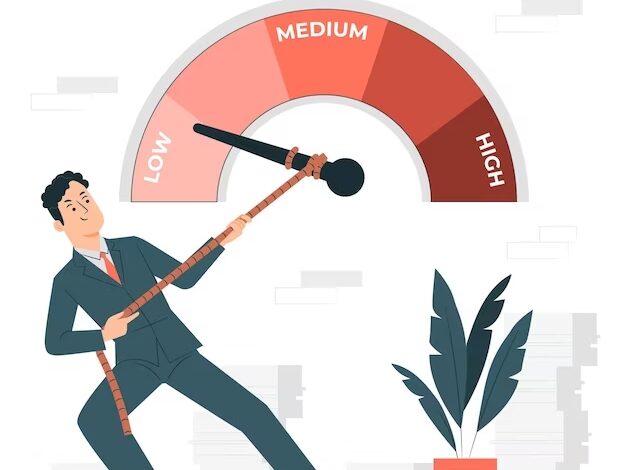How Does CIBIL Score Impact Financial Life?

When it comes to dealing with loans, and credit cards, CIBIL scores play a critical role in determining your financial profile and act as a decisive factor when it comes to availing credit.
However, there may be times when the real significance of a CIBIL score remains unclear. In this post, we’ll learn about CIBIL score, its impact on financial life, and how to navigate toward a healthier financial future.
Understanding CIBIL Score
Let’s start with a common question: what is the CIBIL score?
A CIBIL score, issued by the Credit Information Bureau (India) Limited (CIBIL), is a three-digit number ranging from 300 to 900. It represents a snapshot of a person’s credit health and creditworthiness to potential lenders. The closer the score is to 900, the higher the creditworthiness.
Factors influencing CIBIL scores include:
● Repayment history: Consistency and punctuality in paying credit card bills and EMIs reflect positively on a CIBIL score.
● Credit utilization ratio: It is the ratio of the current total credit used to the total available credit. A lower ratio is beneficial for a credit score.
● Length of credit history: A longer history with good credit habits is favorable as well.
● Credit mix and new credit: A healthy balance of secured and unsecured loans, along with a mindful approach to new credit, impacts CIBIL score.
A good CIBIL score falls in the range of 700 to 900.
The Influence of CIBIL Score on Various Aspects of Financial Life
A CIBIL score not only determines whether a borrower gets credit but also the terms and conditions of that credit.
Here’s how:
Impact on Loan Approval
When someone applies for a loan, lenders check their CIBIL score. A higher score reassures lenders of their ability to repay the loan and improves the chances of approval.
Furthermore, with a good score, borrowers may negotiate for a larger loan amount, lower interest rates, and more favorable repayment terms.
Impact on Credit Card Approval
Similarly, when applying for a credit card, issuers consider the CIBIL score as an indicator of credit management skills. A strong score could open doors to cards with higher credit limits, more rewards, and other perks.
Real-life Scenarios: Effects of High and Low CIBIL Score
Consider these scenarios to understand how a high or low CIBIL score affects financial life.
Scenario 1: High CIBIL Score
Raj has a CIBIL score of 780, which has opened up numerous opportunities for him. He got approved for a Rs 15 lakh loan for his dream home at a low-interest rate. His credit card comes with a high credit limit and substantial rewards.
Scenario 2: Low CIBIL Score
On the other hand, Pooja, with a CIBIL score of 600, faces several challenges. Her loan application for Rs 10 lakh was declined, and she has been offered a credit card with a low credit limit and minimal rewards.
Now, you might be wondering how you can check your CIBIL check for free? Stay tuned.
How to Improve CIBIL Score
Improving a CIBIL score requires strategic planning and adopting good financial habits:
● Regular and timely payment: Ensuring timely payment of bills and EMIs on time boosts the score.
● Proper management of credit: Keeping the credit utilization ratio low and maintaining a healthy mix of credit types helps.
● Resolving Errors in the Credit Report: Sometimes, errors can creep into a CIBIL report, negatively affecting the score. Periodically checking the score and disputing any inaccuracies helps maintain a fair score.
● Considerations in applying for new credit: Be cautious when applying for new credit, as multiple credit inquiries can lower CIBIL scores as well.
To get free CIBIL scores, borrowers can use the OneScore app to check their credit scores for free online. All they need to do is download the app, enter their mobile number, and PAN number, and get their CIBIL score in minutes.
Final Word
A CIBIL score is much more than a number – it’s a reflection of a person’s financial behavior and credibility. Understanding what CIBIL score is, how it influences financial life, and ways to improve it are essential steps toward financial stability.



